Check your roses regularly and deadhead any spent blooms and trim any broken or damaged canes. Examine the leaves for signs of insect damage or disease. Remove all the trimmed material from the garden. Leaving it under the roses bushes just gives the insects and diseases a place to get a foothold.. Rose mosaic symptoms Photo: Rachel Ross, University of Maryland. Symptoms of rose mosaic may appear as irregular yellow or white lines, bands, ring spots, or blotches on the foliage. Rose mosaic disease may be caused by different types of viruses including Apple Mosaic Virus (AMV) and Prunus Necrotic Ringspot Virus (PNRV).
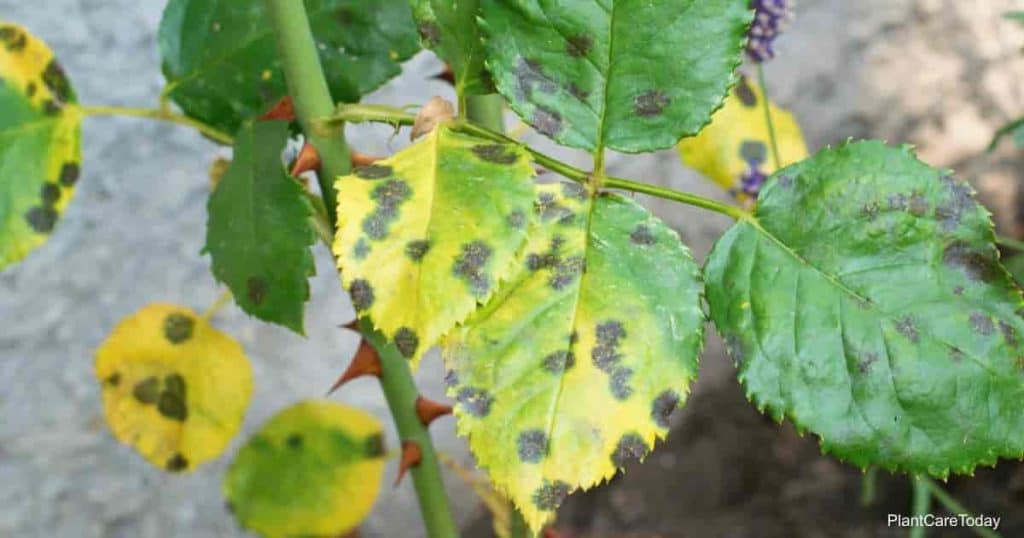
Knock Out Rose Diseases What To Look For and How To Handle Them?

How to Identify and Treat 9 Common Rose Diseases Gardener’s Path

Rose Rosette Disease Identification and Management

Rose Diseases Home & Garden Information Center
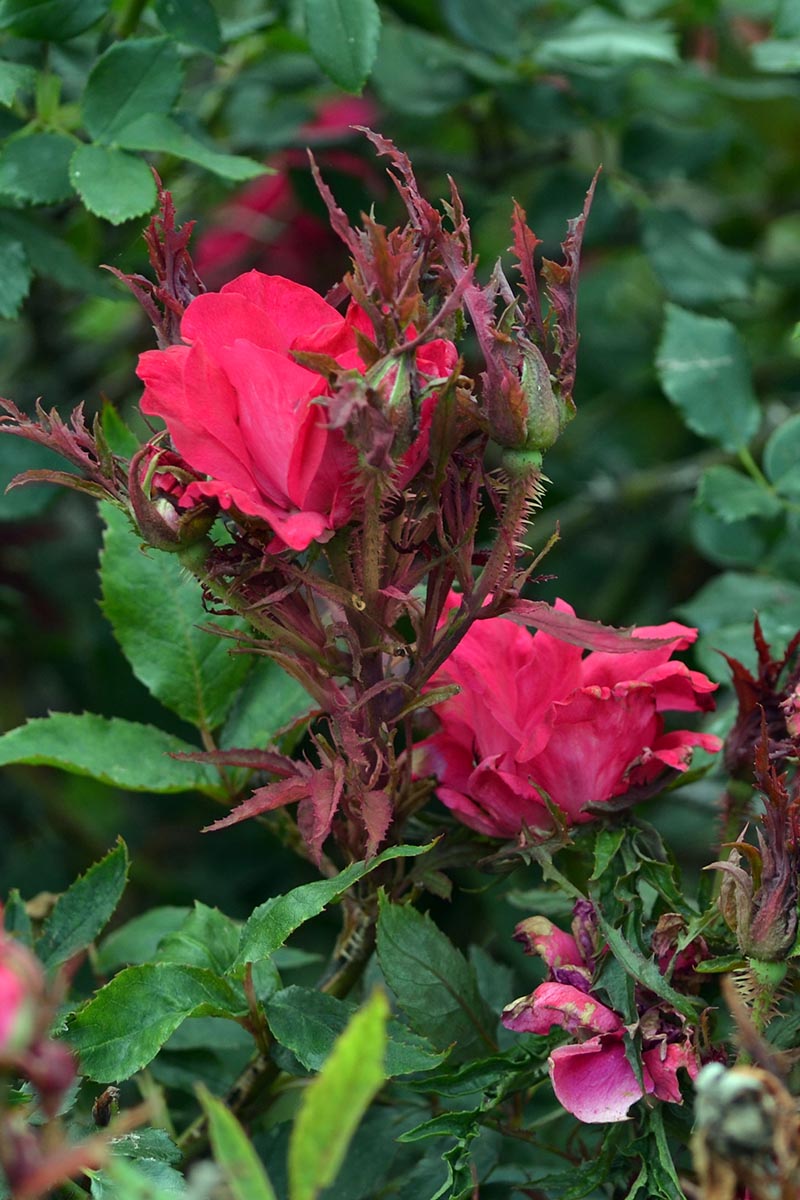
How to Identify and Treat Common Rose Diseases Gardener’s Path
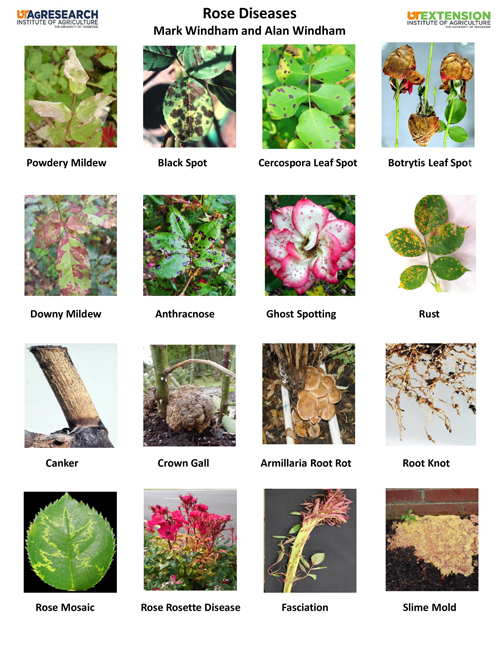
Rose Diseases Photo Chart Nashville Rose Society
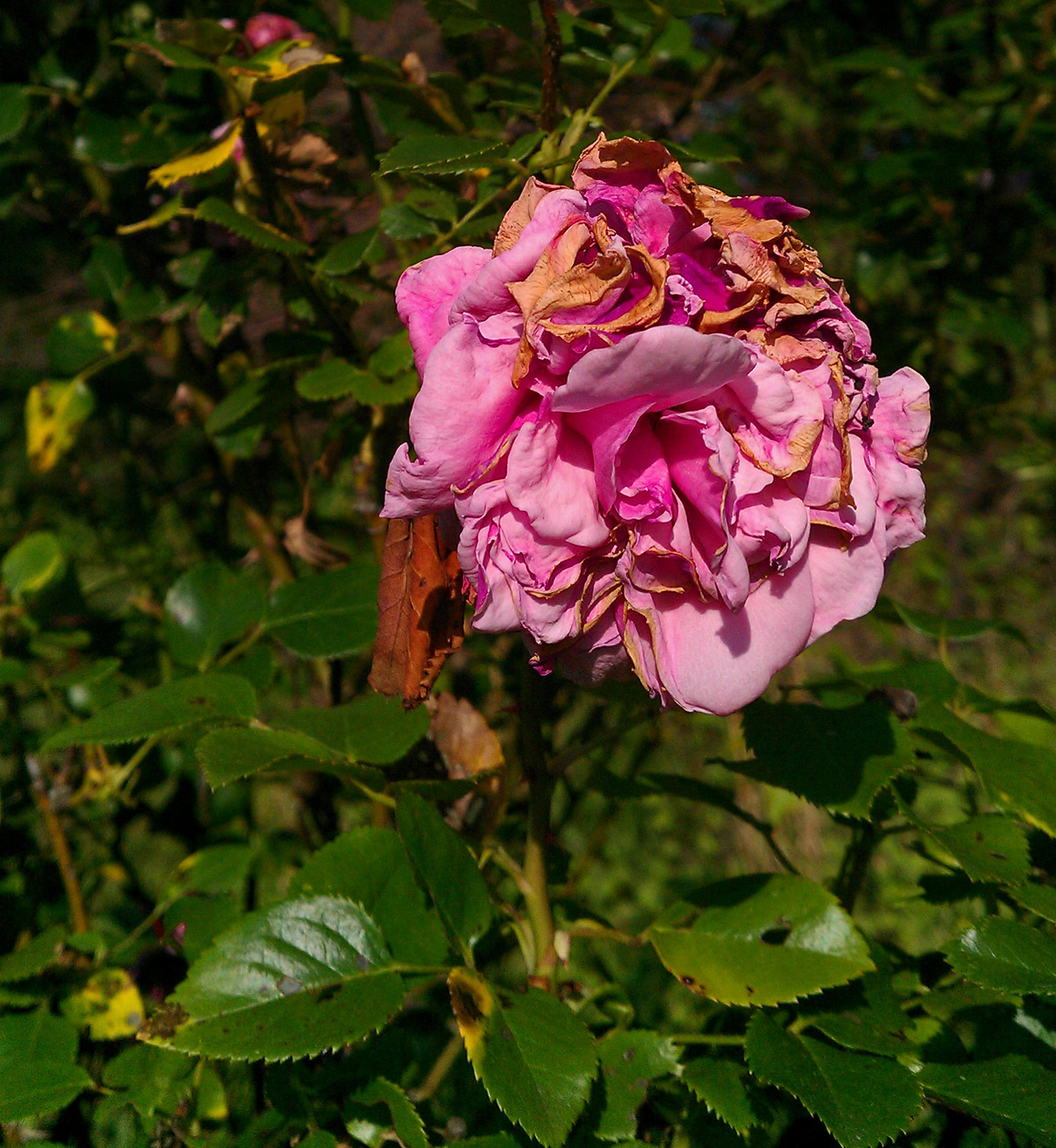
Three Dangerous Diseases of Roses — Kitchen Home Gardener

Rose Diseases Illustrated
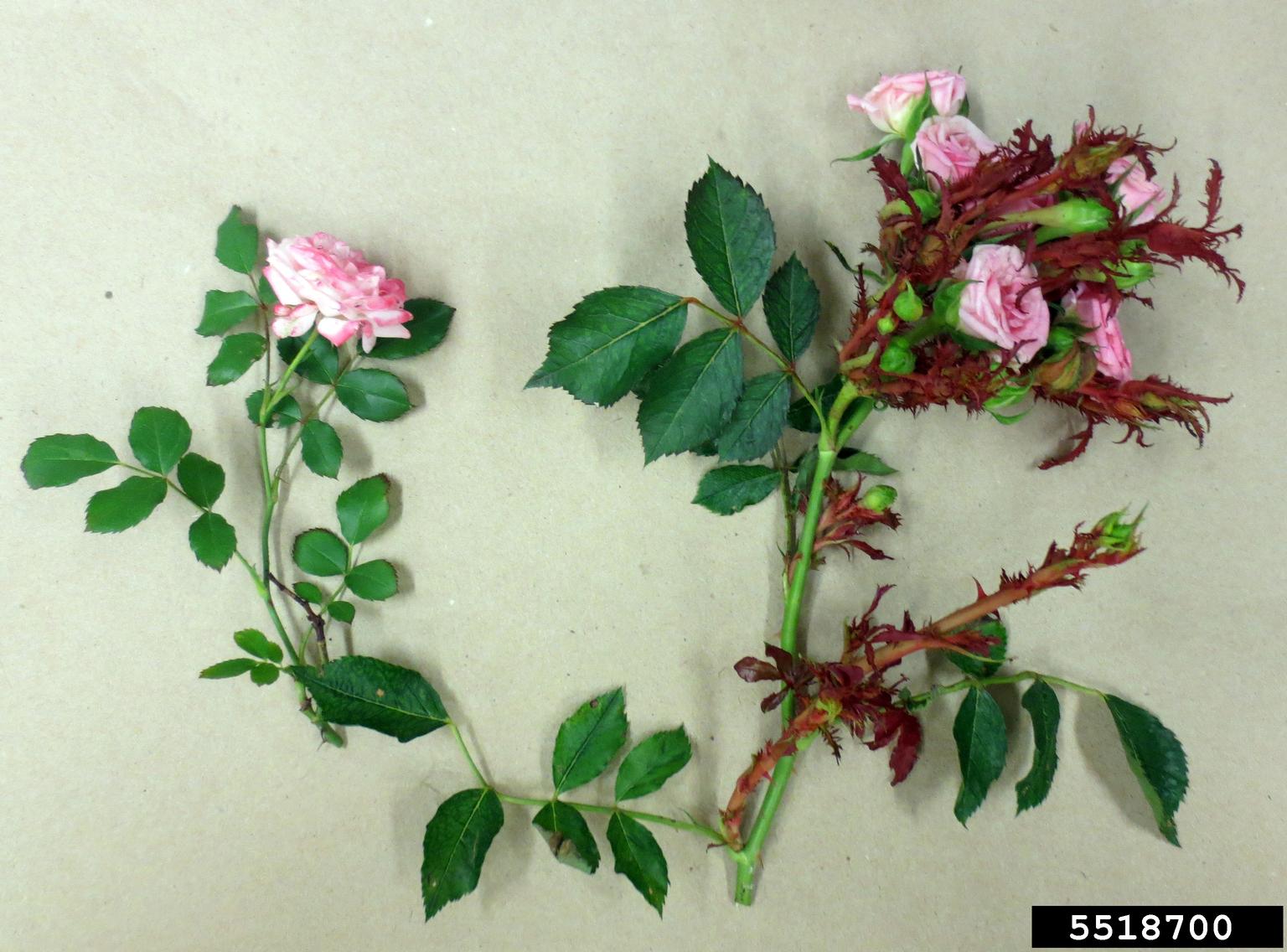
Have Knockout Roses? Then Here’s a Disease You Should Know. North Carolina Cooperative Extension
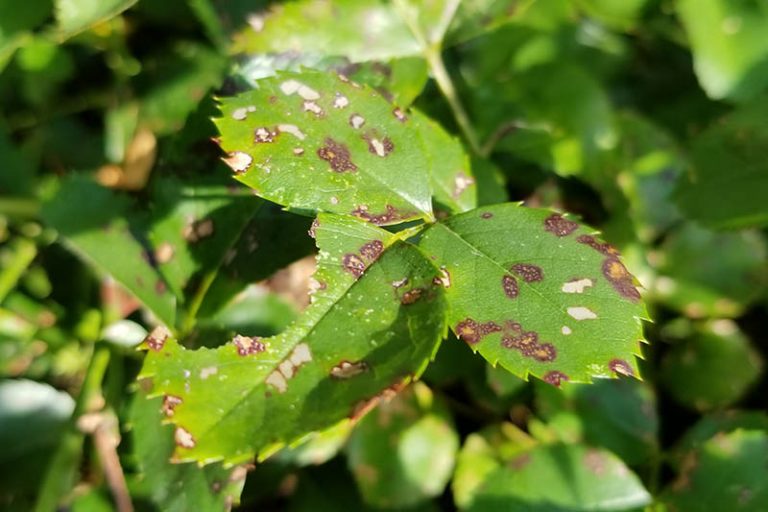
How to Identify and Treat 9 Common Rose Diseases Gardener’s Path
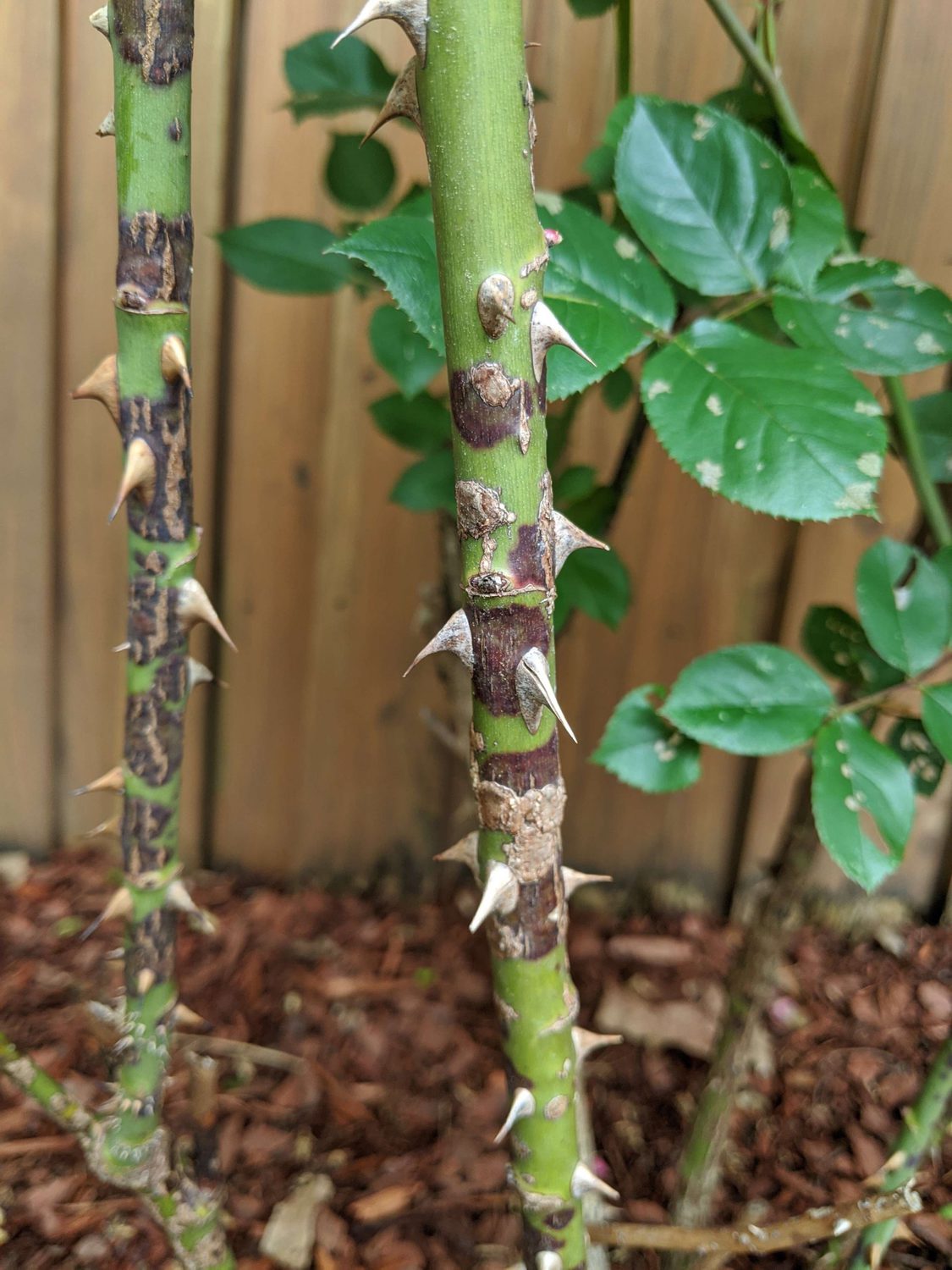
How to Identify and Treat 9 Common Rose Diseases Gardener’s Path

How to Identify and Treat Common Rose Diseases Gardener’s Path Rose diseases, Plant diseases
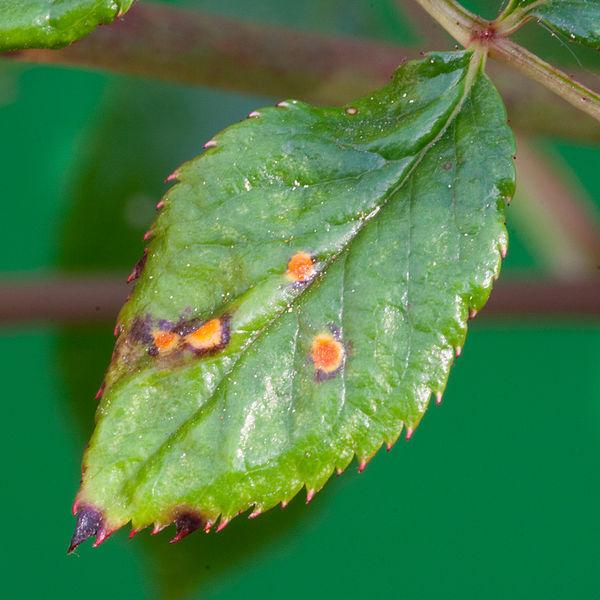
Common Rose Diseases
:max_bytes(150000):strip_icc()/black-spot-on-rose-leaves-87985835-5b3abda246e0fb0037acd42c.jpg)
10 Common Rose Problems (and How to Fix Them)
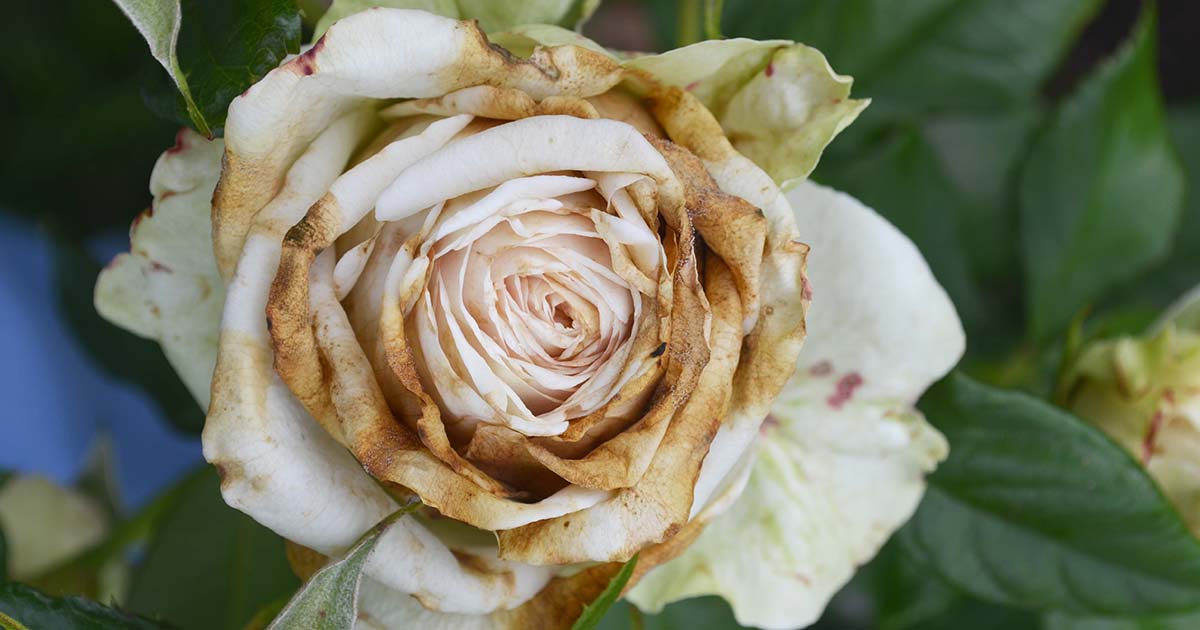
How to Identify and Treat 9 Common Rose Diseases Gardener’s Path

Rose diseases show telltale characteristics San Antonio ExpressNews

22 Potential Rose Pests and Problems

18 Common Rose Diseases, Pests and Remedies Rose diseases, Planting roses, Rose
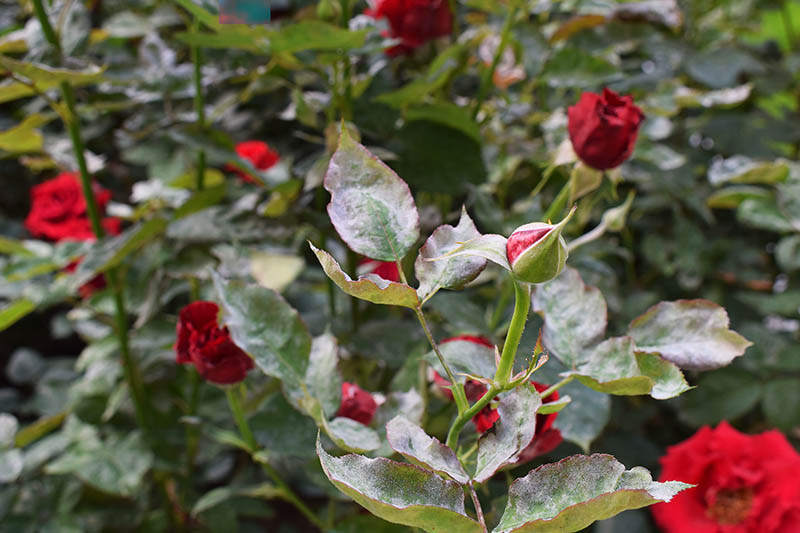
How to Identify and Treat Common Rose Diseases Gardener’s Path
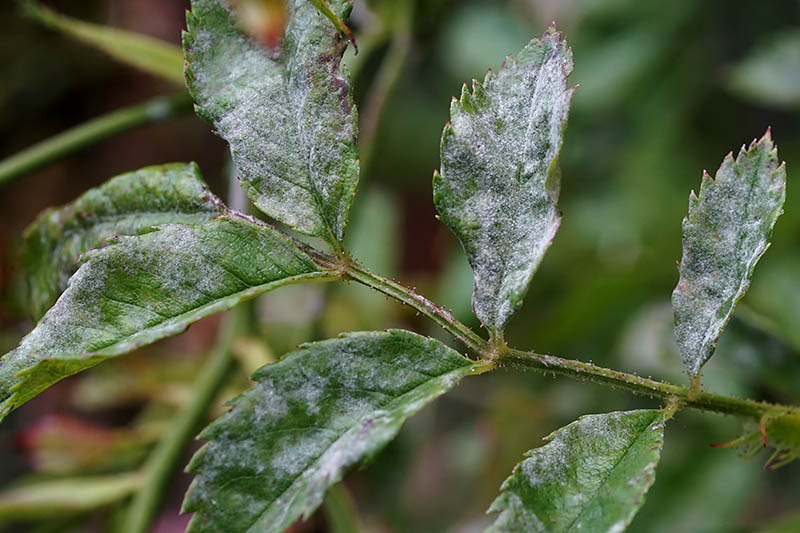
How to Identify and Treat Common Rose Diseases Gardener’s Path
Rose Mosaic Virus. Rose Mosaic is a viral disease. The symptoms are varied but often include yellow (chlorotic) line patterns, yellowing that occurs in circles (ringspots), or irregular areas of yellow and dark green tissue, giving a mottled appearance. Stunted plant growth also may occur.. 4 A Guide to Roses Diseases and their Management Most plant diseases are caused by fungi or water molds. Both commonly produce wind-borne spores, which can be thought of as very small seeds. Figure 2B, shows spores of the pathogen Diplocar-pon rosae that causes the disease "black spot." The spores are in a water droplet.